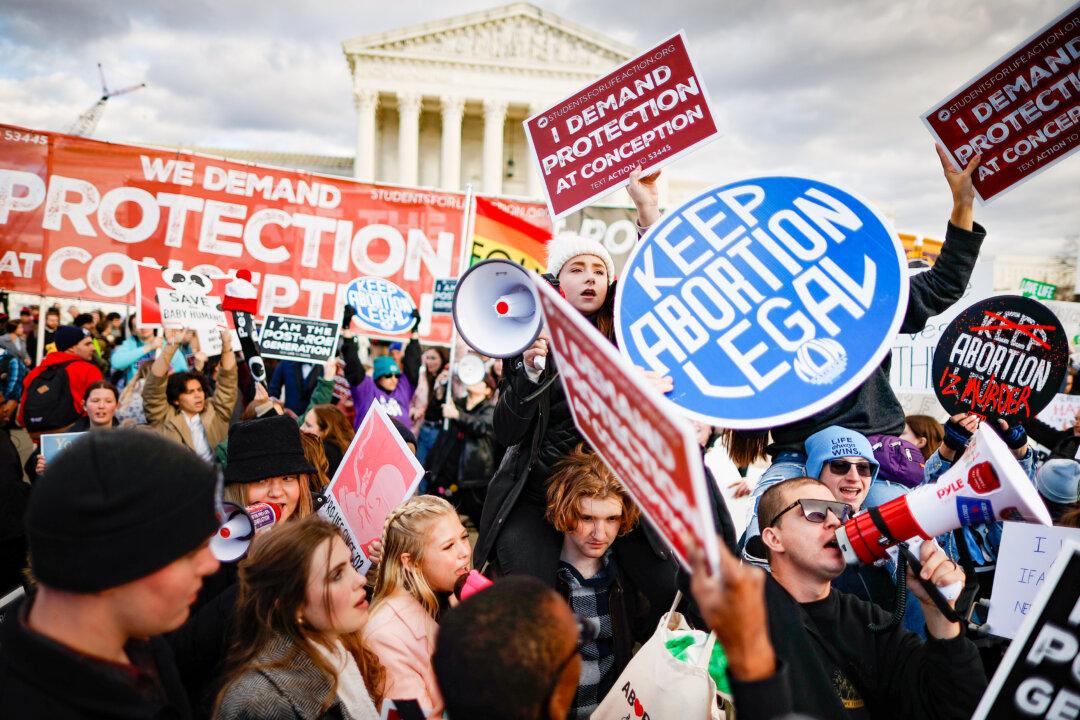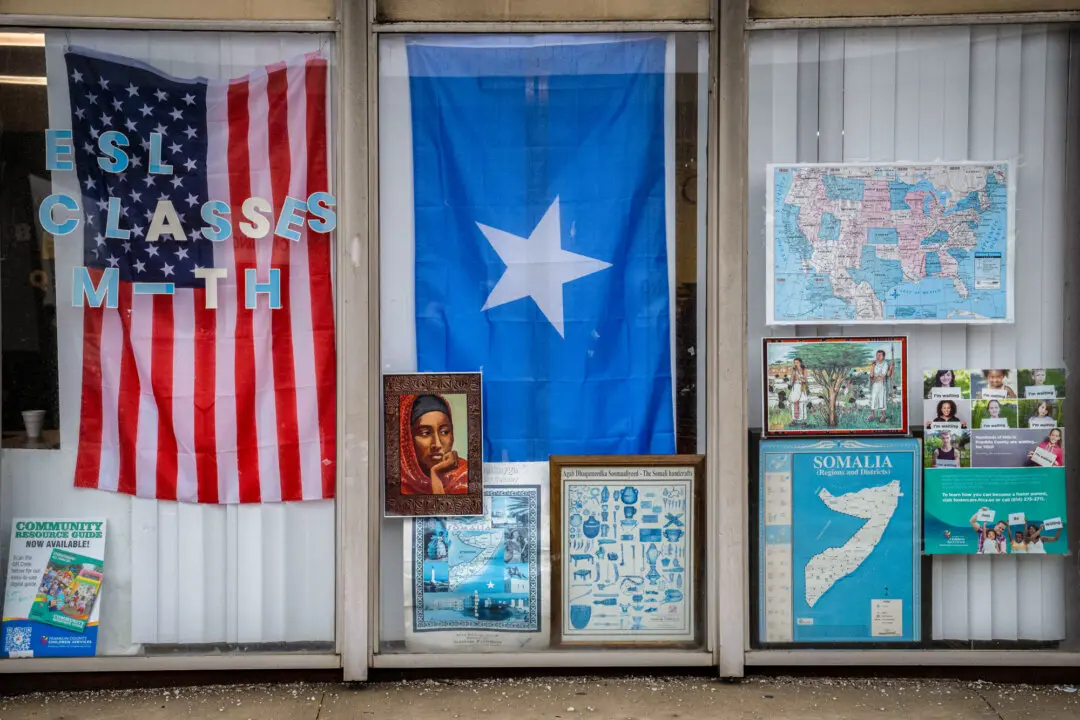A growing number of Americans identify as very conservative or conservative on social and economic issues, according to the latest Gallup Values and Beliefs survey.
The study, conducted from May 1 to May 24, revealed a significant increase in social conservatism, reaching its highest level since 2012. The trend coincides with ongoing debates on transgender rights, abortion, crime, drug use, and the teaching of gender and sexuality in schools.





